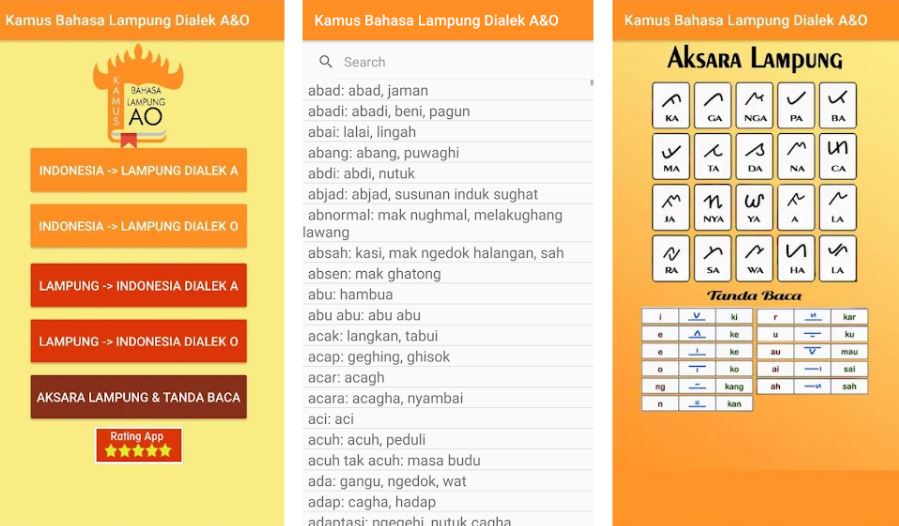
The Indonesian government policies encourage its forest industries to source supplies from sustainably managed plantations and Community-Based Commercial Forestry (CBCF). They were focusing on governments as we shift towards a more sustainable future and aim to meet the Sustainable Development Goals (SDGs). Unlike largescale industrial farming, smallholdings were not reliant on industrial inputs, making them much more self sufficient.

They were common places in the Global South because the land has low associated costs, can provide food and resources for families, and it’s adaptable to varying market demands. Smallholders are often grow a mixture of crops for both cash and self-sufficiency. The changing dynamics of rural economies make it difficult for smallholders to understand the commercial value of forestry compared to other land-uses, so often they under-invest in their forest enterprises.

However, most smallholders fail to realize the full commercial potential of the trees they plant – leading to difficulty to find a fair channel to the market. Many millions of small-scale farmers (smallholders) also cultivate trees as an integral part of their farming systems.

Forestry is a vital component of the livelihoods of about 80 million people across Indonesia.


 0 kommentar(er)
0 kommentar(er)
